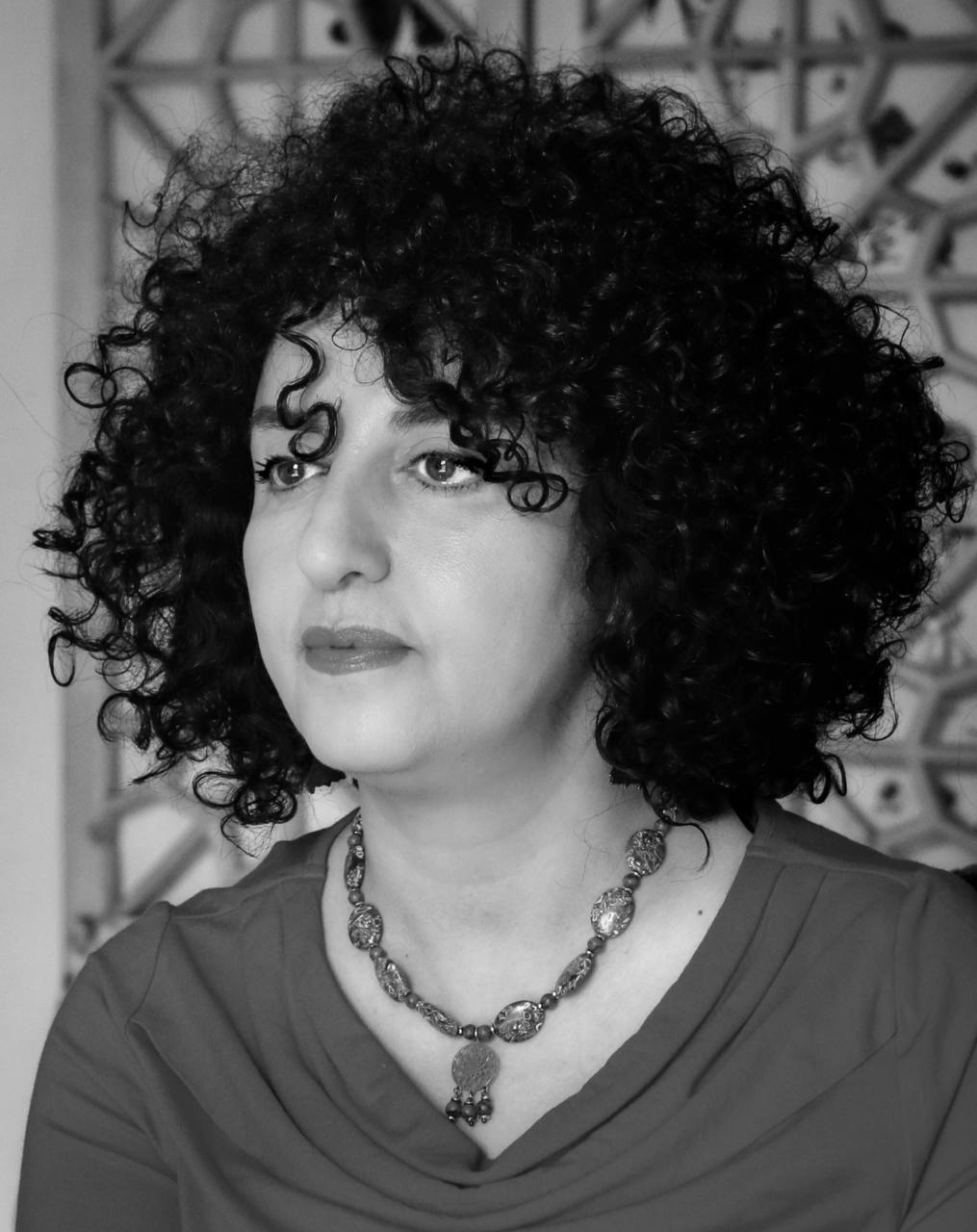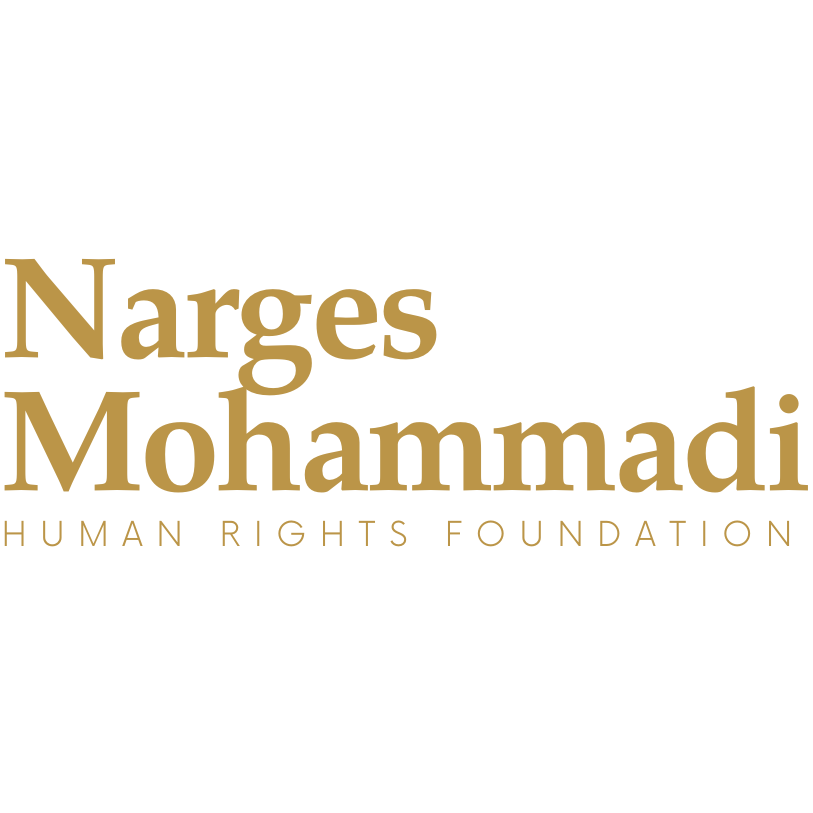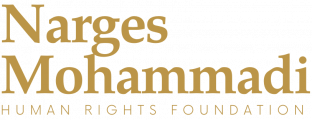
France 24 :Jailed Iranian Nobel laureate Narges Mohammadi says ‘determined to continue fighting’
Narges Mohammadi in an interview with France 24 international section Published on 31 Jan 2025
Jailed Iranian women’s rights activist Narges Mohammadi gave an interview to FRANCE 24 while on temporary leave from Tehran’s Evin prison. Despite nine trials and facing another 10 years in jail, the 2023 Nobel Peace Prize laureate is determined to continue her fight for human rights in Iran.
Mohammadi said the “Woman, Life, Freedom” protest movement is still alive but has taken on “different forms”.
“The enforcement of mandatory hijab was important for the government because, from the very early days of its establishment, it sought to dominate and suppress Iranian society. The imposition of mandatory hijab was, in fact, the flow and artery of domination running through the veins of society in every place, city, village, workplace, university, and all governmental and non-governmental institutions.
I do not believe that their concern was merely about fulfilling a religious obligation or, as they claimed in their slogans, preserving security and chastity. Rather, in my opinion, they were solely focused on dominating society. In reality, they believed that if they could subjugate half of society, this control would undoubtedly extend to the entire society. Women, however, consciously stood against this. From March 8, 1979, to the “Woman, Life, Freedom” movement, women demonstrated through their resistance that they would not submit to the government’s domination and subjugation. Women understand that the subjugation of women is the strategic focal point of the government’s agenda, and since women are fighting against this authoritarian regime, they are also utilizing this tool to their advantage.”
Granted temporary leave from prison, Mohammadi spoke to FRANCE 24 from her home in Tehran. Despite being tired from recent surgery, she assured us she is “doing well” psychologically.
After being tried nine times, the women’s rights activist is currently on her tenth year in jail and will have to return to prison for another 10 years. She is currently detained in Tehran’s Evin prison, in the political prisoners’ wing.
During her time in Evin prison, Mohammadi said she had been sent to solitary confinement three times, “where the conditions of detention are unbearable”.
Mohammadi was also sent to solitary confinement in the military detention centre of the Islamic Revolutionary Guard. “They bring you there to inflict psychological and moral torture on you and to break you,” she said.
While in detention, Mohammadi was not allowed out to visit her sick father in hospital. She was later not allowed to attend his funeral. She has also had difficulty communicating with her children, who live in exile. The guards would not allow her to talk to them on the phone. The mother of two said she lives in hope of “one day” holding her children in her arms.
Mohammadi insisted that the “Woman, Life, Freedom” protest movement, sparked by the 2022 death of Mahsa Amini at the hands of the morality police, “is still alive” but has taken on “different forms”.
She added that this shows the Iranian people “are resisting”. “You can see the level of this resistance everywhere in the country.”
The activist also talked about the mandatory veil law imposed on Iranian women, calling it “a tool of domination” by the authorities. “If they can dominate half of society, this subjugation would allow them to bring all of society under their domination.”
Although her Nobel Peace Prize has put a spotlight on her fight for human rights, the laureate admitted that “in a country like Iran, with a repressive government like the Islamic Republic […] winning the Nobel Peace Prize has made the situation more sensitive”.
Mohammadi explained that she had been asked “many times” by the Iranian authorities to leave the country, but had refused. “I have no intention of leaving Iran. I am determined to continue fighting alongside the Iranian people,” she said.
“The enforcement of mandatory hijab was important for the government because, from the very early days of its establishment, it sought to dominate and suppress Iranian society.“
نرگس محمدی در مصاحبه با بخش بینالملل تلویزیون فرانسه ۲
“جنبش اعتراضی “زن، زندگی، آزادی” زنده است و به “شکلهای مختلف” ادامه یافته است.”
منتشر شده در ۳۱ ژانویه ۲۰۲۵
نرگس محمدی، فعال حقوق زنان زندانی در ایران، در حالی که به صورت موقت از زندان اوین مرخصی گرفته بود، مصاحبهای با فرانس ۲۴ انجام داد. این برنده جایزه صلح نوبل سال ۲۰۲۳، علیرغم گذراندن ۹ دادگاه و مواجهه با ۱۰ سال حبس دیگر، مصمم است به مبارزه خود برای حقوق بشر در ایران ادامه دهد.
«کار کرد اعمال حجاب اجباری برای حکومت مهم بود برای این که از آغازین روزهای تثبیت خودش به دنبال سلطه و سرکوب جامعه ایران بود و اعمال حجاب اجباری درواقع جریان و شریان سلطه در رگ و پی جامعه در هر مکان و هر شهر و هر روستا و محل کار، دانشگاه تا همه مراکز دولتی و غیر دولتی بود.
من بر این باور نیستم که انها صرفا دغدغه یک فریضه دینی یا به قول خودشان در شعارهایی که حکومت می داد حفظ امنیت و عفاف رو داشته باشند.بلکه به نظر من انها فقط به دنبال سلطه بر جامعه بودند. در واقع آنها بر این باور بودند که اگر نیمی از جامعه را بتوانند تحت سلطه خودشان قرار بدهند، قطعاً این سلطه قابل تسری به کل جامعه خواهد بود و زنان هم آگاهانه در مقابل ان ایستادند. از ۱۷ اسفند ۱۳۵۷ تا جنبش زن زندگی آزادی زنان با مقاومتشان نشان دادند که تن به سلطه و انقیاد حکومت نخواهند داد. چون زنان هم می دانند که در واقع انقیاد زنان نقطه و کانون راهبردی حکومت هست و از انجایی که زنان با این حکومت استبدادی مبارزه می کنند از این ابزار هم دارند بهره می برند.»
پس از تعلیق حکم موقت از زندان اوین، محمدی از خانهاش در تهران با فرانسه ۲۴ صحبت کرد. با وجود خستگی و درد ناشی از عمل جراحی اخیر، او به ما اطمینان داد که از نظر روحی “حالش خوب است.”
بعد از ۹ بار محاکمه ، این فعال حقوق زنان هماکنون وارد دهمین سال زندان خود شده است و باید به زودی برای ۱۰ سال دیگر به زندان بازگردد. او در حال حاضر در بند زندانیان سیاسی زندان اوین تهران محبوس است.
در دوران حضور خود در زندان اوین، محمدی گفت که چهار بار به انفرادی فرستاده شده است، “جایی که شرایط آن غیرقابل تحمل است.”
محمدی همچنین به مرکز بازداشت نظامی سپاه پاسداران انقلاب اسلامی منتقل شده است. او گفت: “آنها شما را به آنجا میبرند تا شکنجههای روانی و روحی به شما وارد کنند و شما را بشکنند.”
در حین حبس، محمدی اجازه نداشت برای دیدار با پدر بیمار خود به بیمارستان برود و سپس او حتی اجازه نیافت در مراسم خاکسپاری او شرکت کند. همچنین او با دشواریهای ارتباط با فرزندانش که در تبعید زندگی میکنند، روبهرو بوده است. ماموران اجازه نمیدادند با آنها تلفنی صحبت کند. مادر دو فرزند گفت که او به امید “روزی” که بتواند فرزندانش را در آغوش بگیرد، زندگی میکند.
محمدی تأکید کرد که حرکت اعتراضی “زن، زندگی، آزادی”، که پس از کشته شدن مهسا امینی در سال ۲۰۲۲ به دست پلیس امنیت اخلاقی آغاز شد، “هنوز زنده است” اما “فرم های جدیدی به خود گرفته است.”
او اضافه کرد که این امر نشاندهنده مقاومت مردم ایران است. “شما میتوانید سطح این مقاومت را در سراسر کشور مشاهده کنید.”
این فعال همچنین درباره قانون حجاب اجباری که از سال ۱۳۵۷ بر زنان ایران تحمیل شده است، صحبت کرد و آن را “ابزاری برای تسلط” حکومت دانست. “اگر آنها بتوانند نیمی از جامعه را تحت سلطه خود درآورند، این تسلط به آنها اجازه میدهد که تمام جامعه را تحت سلطه خود ببرند.”
اگرچه جایزه صلح نوبل او توجهها را به مبارزهاش برای حقوق بشر جلب کرده است، این برنده جایزه نوبل اذعان کرد که “در کشوری مانند ایران، با دولتی سرکوبگر مانند جمهوری اسلامی […] برنده شدن جایزه صلح نوبل وضعیت را حساستر کرده است.”
محمدی توضیح داد که مقامات ایرانی “چندین بار” از او خواستهاند که کشور را ترک کند، اما او رد کرده است. او گفت: “من هیچ قصدی برای ترک ایران ندارم. من مصمم هستم که به مبارزه در کنار مردم ایران ادامه دهم.”


